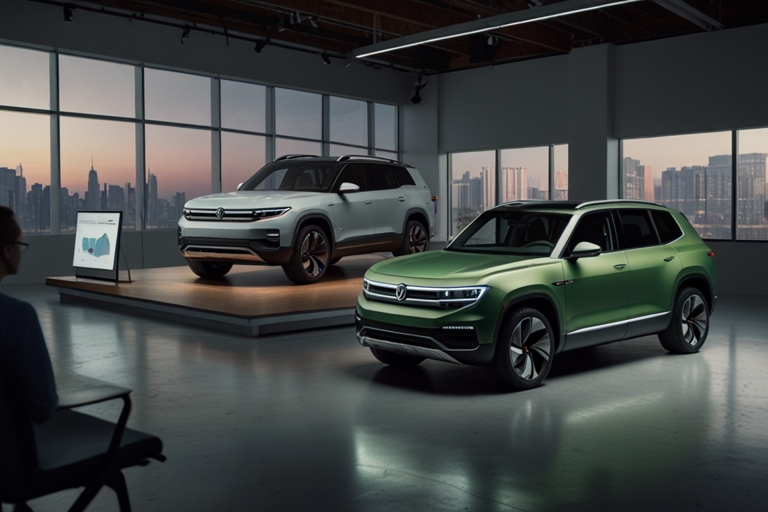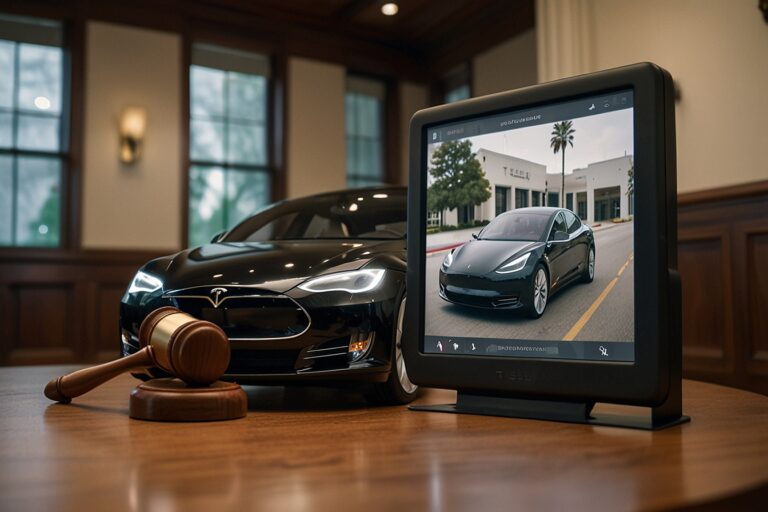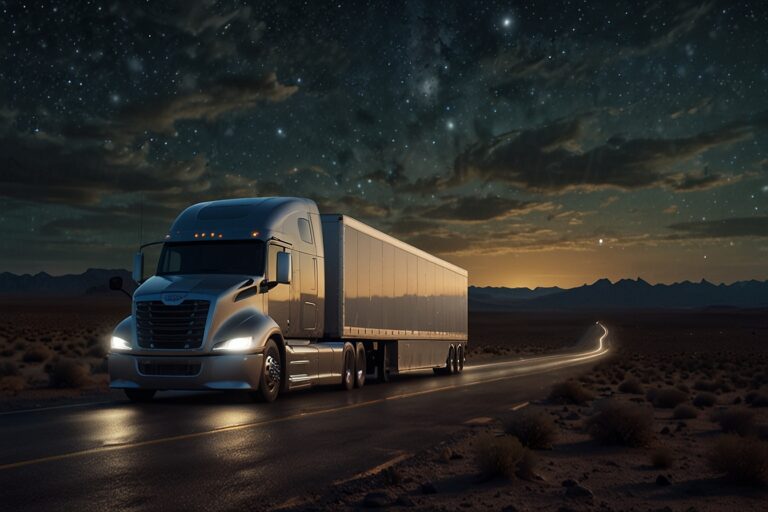
TL;DR
- Rivian receives $1 billion from Volkswagen after hitting joint venture milestone
- Q2 2025 deliveries hit 10,661 vehicles, down 23% YoY
- Total 2025 deliveries projected at 40,000 to 46,000 units, below previous years
- Partnership is part of a $5.8B joint venture signed in 2024
- Volkswagen to use Rivian’s EV software and electrical architecture
- Rivian’s future hinges on 2026 R2 SUV launch
- EV industry faces headwinds as U.S. nears end of $7,500 federal tax credit
Rivian Gains $1 Billion as VW Partnership Advances
Electric vehicle startup Rivian confirmed it has received a $1 billion payment from Volkswagen, triggered by a key milestone in their ongoing joint venture. The deal, originally valued at $5.8 billion, is structured around Rivian providing technology, software, and employees to a new EV-focused JV.
This second payment follows Rivian’s achievement of gross profit in Q1 2025 — a rare financial high point for the company, which has spent years refining its EV designs to reduce manufacturing costs.
Volkswagen delivered its initial $1 billion in 2024 via a convertible note, and further tranches depend on tech development milestones and operational progress.
Q2 Deliveries Down 23% as Demand Lags
Rivian reported the delivery of 10,661 vehicles in Q2 2025, a 23% year-over-year decline compared to the same period in 2024. The figure marks only a marginal improvement over Q1 2025’s 8,640 units, and continues a multi-quarter trend of volume challenges.
The company’s full-year delivery forecast remains between 40,000 and 46,000 units, suggesting Rivian will sell fewer vehicles in 2025 than in both 2023 and 2024 — despite massive investments in manufacturing and product simplification.
Rivian and Industry Peers
| Company | Q2 2025 EV Deliveries | YoY Change | Notable Context | Source |
| Rivian | 10,661 | -23% | Sales continue to lag; JV milestone reached | TechCrunch |
| Tesla | 384,122 | -13.5% vs. 2022 | Risks second straight year of declining sales | TechCrunch |
| Ford | 38,988 YTD | -12% vs. 2024 YTD | Hybrid sales rising as EVs fall | TechCrunch |
| Hyundai/Kia | Double-digit declines | -8% to -12% | EV downturn affecting all major OEMs | TechCrunch |
Simplified Models Cut Costs, But Not Losses
Rivian’s milestone profit achievement in Q1 came after a two-year effort to redesign and simplify its flagship EVs: the R1S SUV and R1T pickup. These updates, introduced in late 2024, reduced production complexity and cost, allowing Rivian to build vehicles more efficiently.
However, the company remains unprofitable overall, with cash burn continuing due to R&D and factory scale-up.
Rivian Bets on R2 SUV and VW-Backed Tech Licensing
The company’s strategic focus is now on the 2026 launch of the R2, a more affordable electric SUV intended to compete in the mass-market segment. This model is key to Rivian’s medium-term survival, as luxury EV demand softens across the U.S.
Meanwhile, Volkswagen is expected to integrate Rivian’s electrical architecture and in-vehicle software into its next-gen EV models under the JV. Rivian has contributed a team of employees and proprietary tech to accelerate development in both companies.
Legislative Threats: End of EV Tax Credits Looms
Rivian’s delivery struggles are magnified by U.S. political headwinds. President Trump’s administration is pushing a legislative package known as “One Big Beautiful Bill”, which has cleared the Senate and awaits House approval.
If passed, the bill would end the $7,500 federal EV tax credit as soon as September 2025, making electric vehicles significantly more expensive for U.S. consumers. This shift would further reduce sales across the industry — particularly for startups like Rivian without deep brand loyalty or scale advantages.






